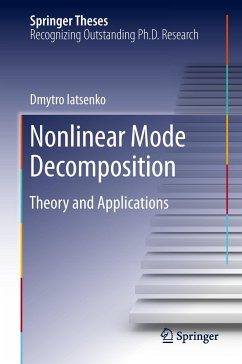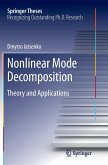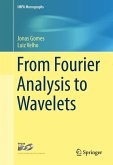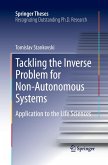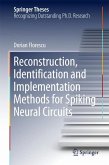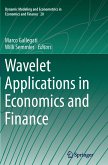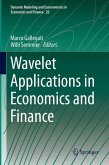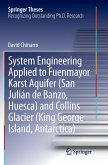This work introduces a new method for analysing measured signals: nonlinear mode decomposition, or NMD. It justifies NMD mathematically, demonstrates it in several applications and explains in detail how to use it in practice. Scientists often need to be able to analyse time series data that include a complex combination of oscillatory modes of differing origin, usually contaminated by random fluctuations or noise. Furthermore, the basic oscillation frequencies of the modes may vary in time; for example, human blood flow manifests at least six characteristic frequencies, all of which wander in time. NMD allows us to separate these components from each other and from the noise, with immediate potential applications in diagnosis and prognosis. Mat Lab codes for rapid implementation are available from the author. NMD will most likely come to be used in a broad range of applications.
Bitte wählen Sie Ihr Anliegen aus.
Rechnungen
Retourenschein anfordern
Bestellstatus
Storno

